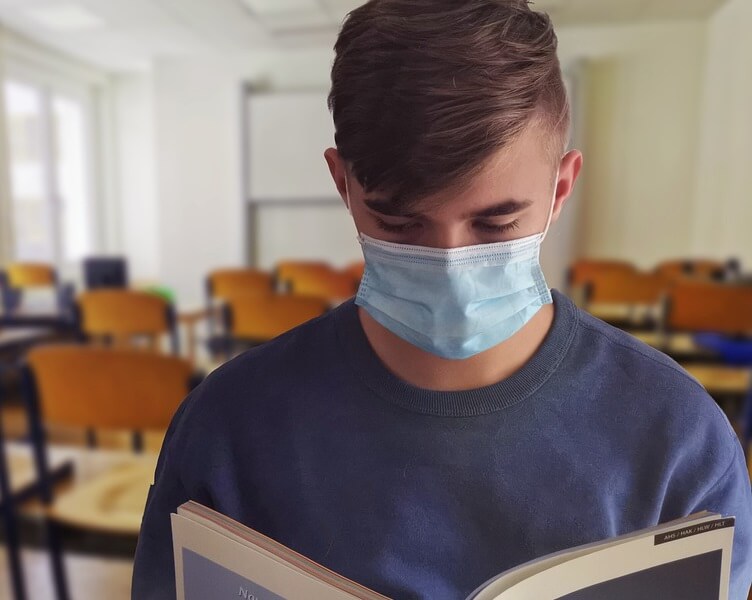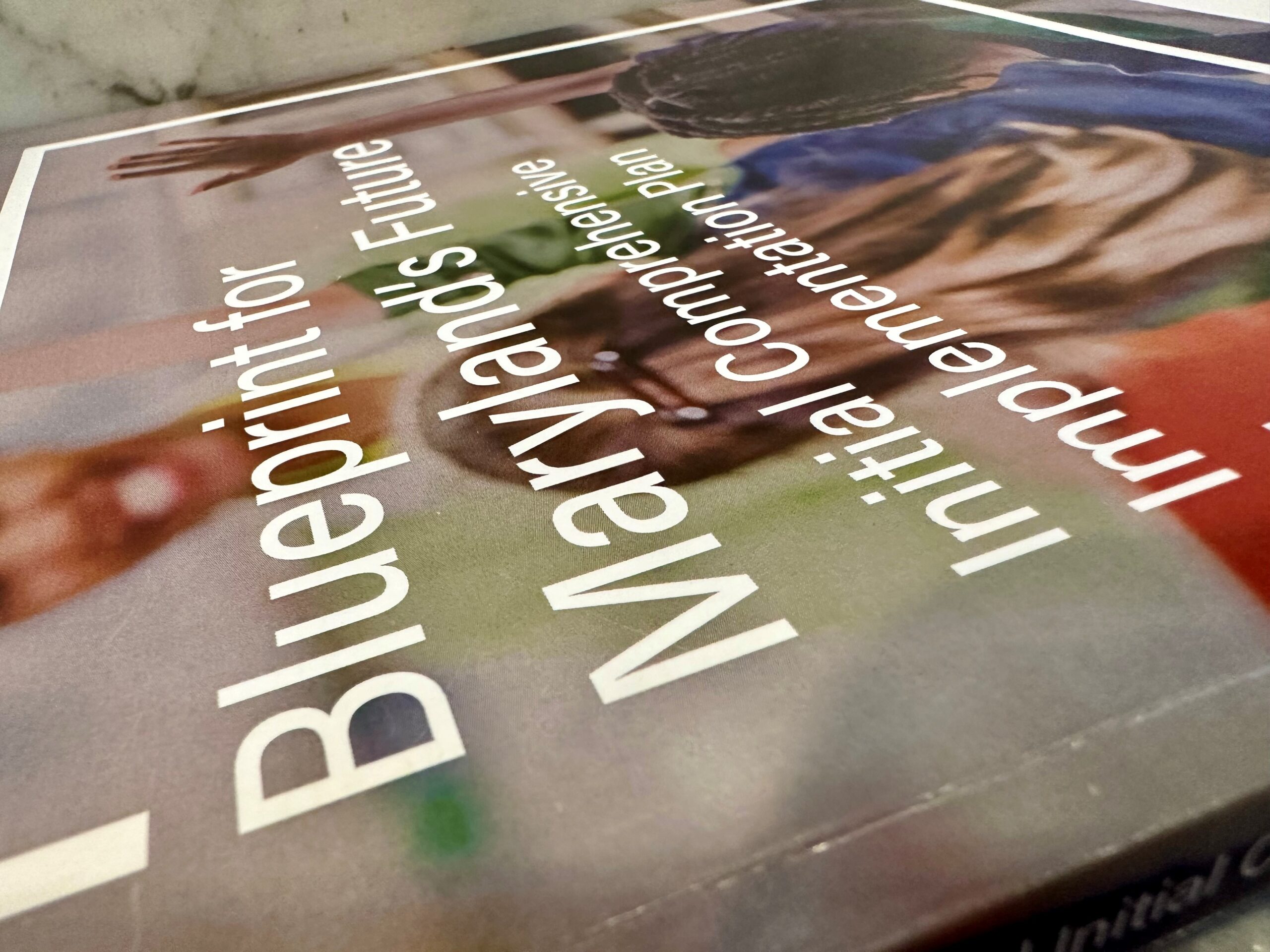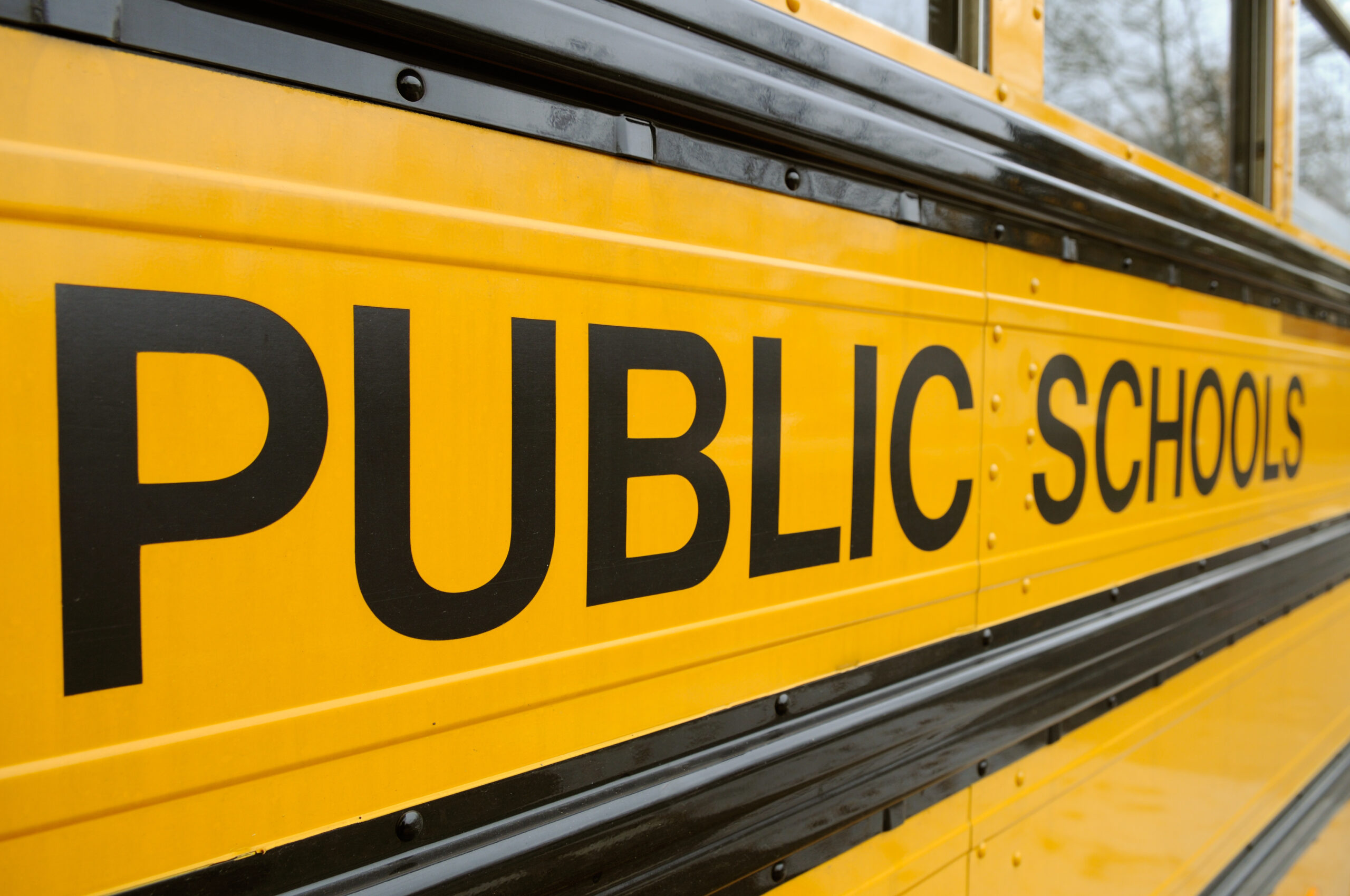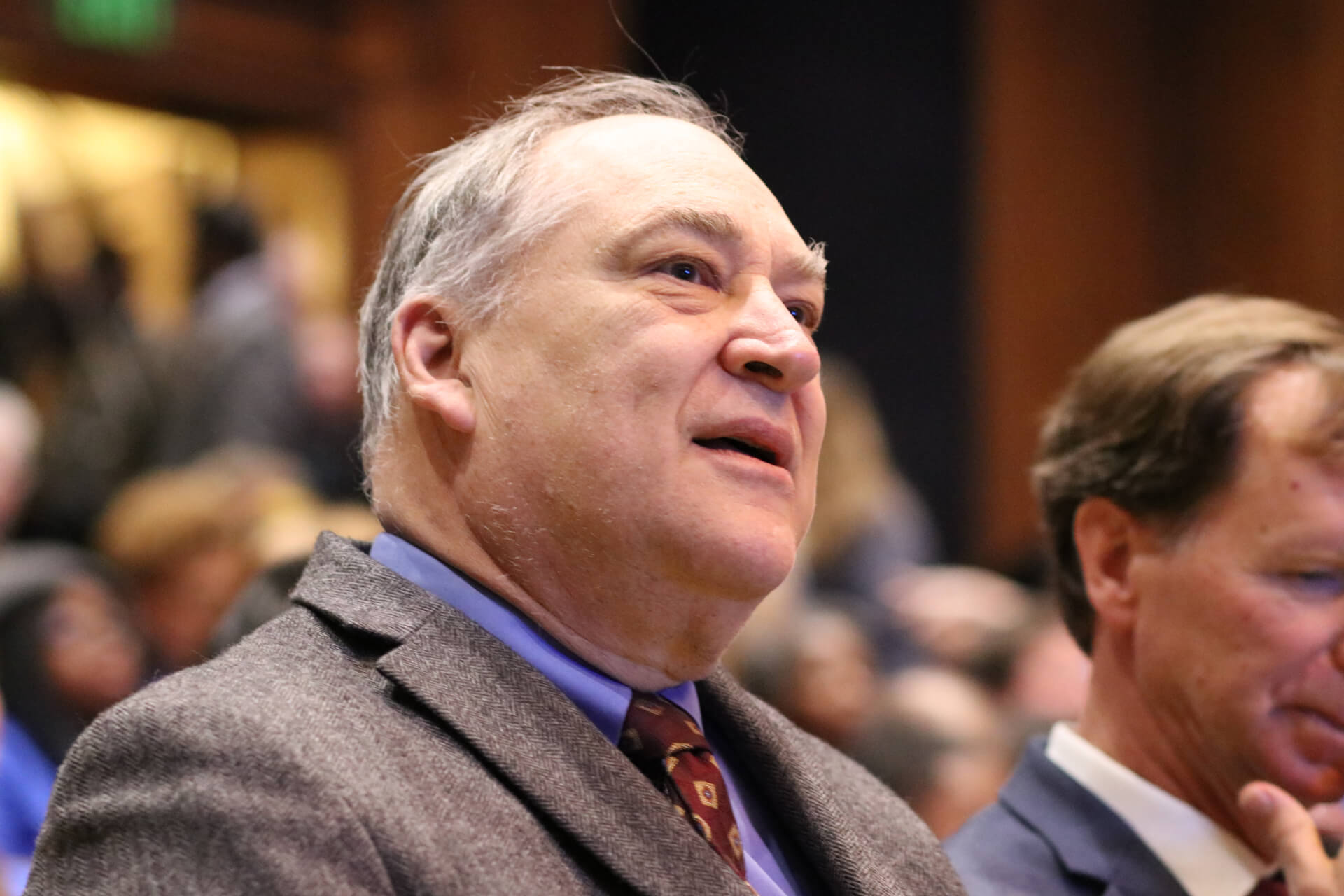Opinion: Is School Re-Opening Debate About COVID or Politics?

An elementary school girl disconnected from virtual class for months; a conscientious student unable to attend school due to caring for her preschool siblings; seniors who dropped their plans to go to college or left home; and several adolescents struggling with new symptoms of depression in their dragged-out days of turned-off cameras and isolation.
These are just some of the stories I hear about, firsthand, in my job as a child and adolescent psychiatrist in Baltimore. All of those challenges are directly related to school closures during the pandemic. And this is not unique to Baltimore.
Children have suffered across our state.
Data from a recent CDC study show that when the appropriate basic precautions are followed, viral school transmission is low even in areas of high community spread. The accumulated research has provided enough certainty to public health officials like Drs. Anthony Fauci, Rochelle Walensky, Robert Redfield, associations like the American Academy of Pediatrics, and our nation’s leading disease experts from Harvard, Brown and countless others to emphasize the need to reopen schools.
The costs of school closures have been many. The supports surrounding virtual learning are currently substandard; social isolation is harmful; minorities, low-income students and students with learning disabilities have been most affected; depression rates among youth have soared; and the consequences will involve long-term social and health disparities for many children in public school.
While these concerns have led scientists, parents and many teachers to express an urgent need to return to in-person learning, many politicians have supported the teachers’ unions’ narrative, one that has ignored concerns about children’s health.
Concerns from the unions have been ever evolving, shifting from lack of PPE, to lack of public school funding to CDC metrics — now understood to be guidance and not mandates — to vaccine availability for all teachers.
Most recently, leaders of several large teachers’ unions have said that vaccinating teachers may not be enough to reopen. One thing that has become clear is that reopening schools during the pandemic has been nothing but political.
The support of the unions’ narrative by local politicians is not coincidental. In Maryland, infamously ranking in the top five states for virtual learning throughout the pandemic, teacher unions are the leading state lobbyists, funding almost exclusively Democratic Party campaigns.
For example, when Dr. Sonja Santelises, Baltimore City’s superintendent, announced a plan to bring back more students into the buildings, due to high absenteeism, a decline in grades, and the appreciation that families with financial resources could send their kids in person to private schools while low-income children had no option other than virtual learning, there was a backlash from the unions.
Shortly thereafter, three Baltimore City council members joined in. And you’ve seen the same kowtowing to the unions among Montgomery County Board of Education members, though they’ve recently decided to bring students back to schools beginning on March 1.
When Gov. Larry Hogan was accused of threatening teachers for stating there is no longer a public health reason to keep school closed, and for giving schools a deadline to re-open in March, an entire year after schools initially closed, Cheryl Bost, the leader of the Maryland State Education Association, called the governor’s statements about school safety “laughable.” Several local politicians who supported her criticism of the governor had received considerable campaign donations from the unions or are currently preparing to run for higher office positions.
As a Democrat, I am disappointed with local representatives of the party that I thought was on the side of children, working class people and vulnerable communities. As if children did not matter, or at least, not as much, we have insisted on seeing the world from the eyes of adults with political power.
Are PAC donations worth the cost of not only disappointing your own voters, but more importantly, damaging the lives of our most vulnerable members of society?
At a time when rigorously researched health information has become so widely questioned, politicians on both sides of the aisle expressing opinions and not facts should be much more scrutinized.
Parents need to be better informed of who is really making decisions about our children’s health and education, so that the voices of scientists and experts do not get buried in the noise. All citizens must empower themselves with knowledge to genuinely engage in our democracy so that our society’s response to the next crisis is driven by better and smarter decisions.
— DR. CAROL VIDAL
The writer is a child and adolescent psychiatrist at Johns Hopkins University with two children in Maryland public schools.





 Creative Commons Attribution
Creative Commons Attribution